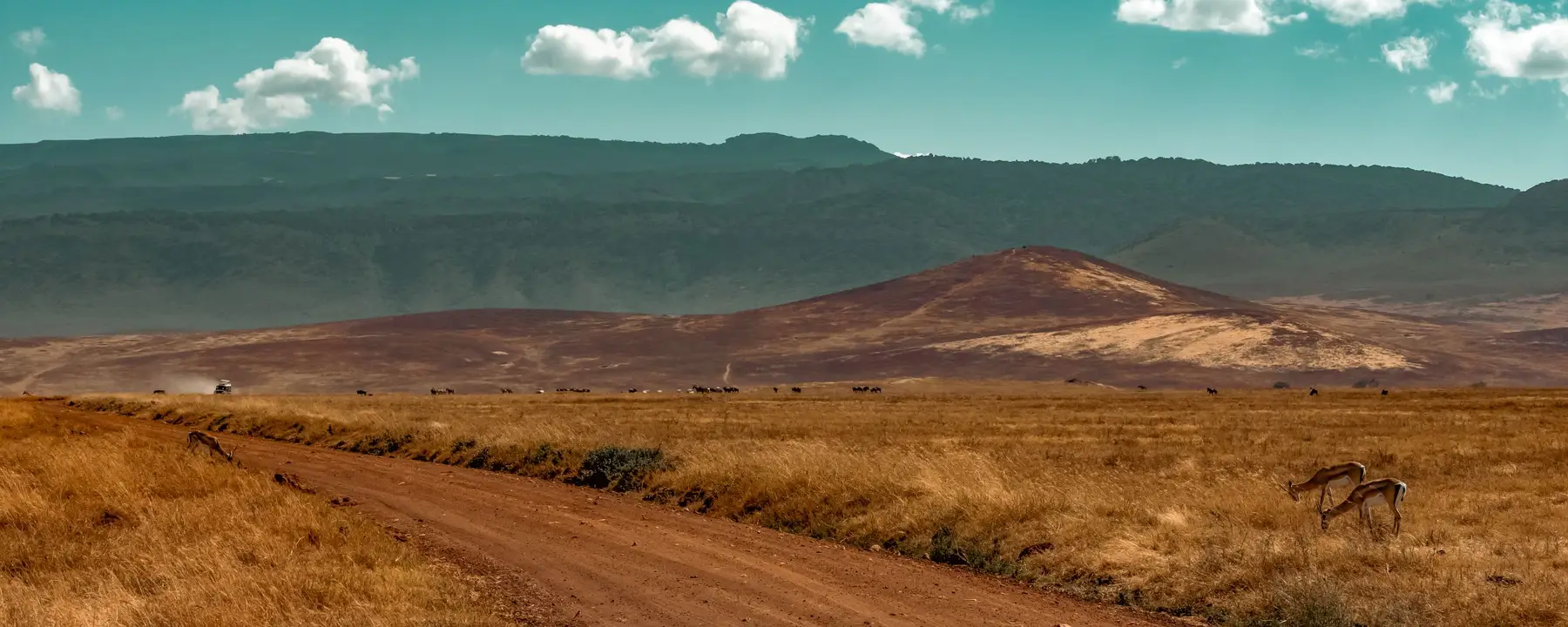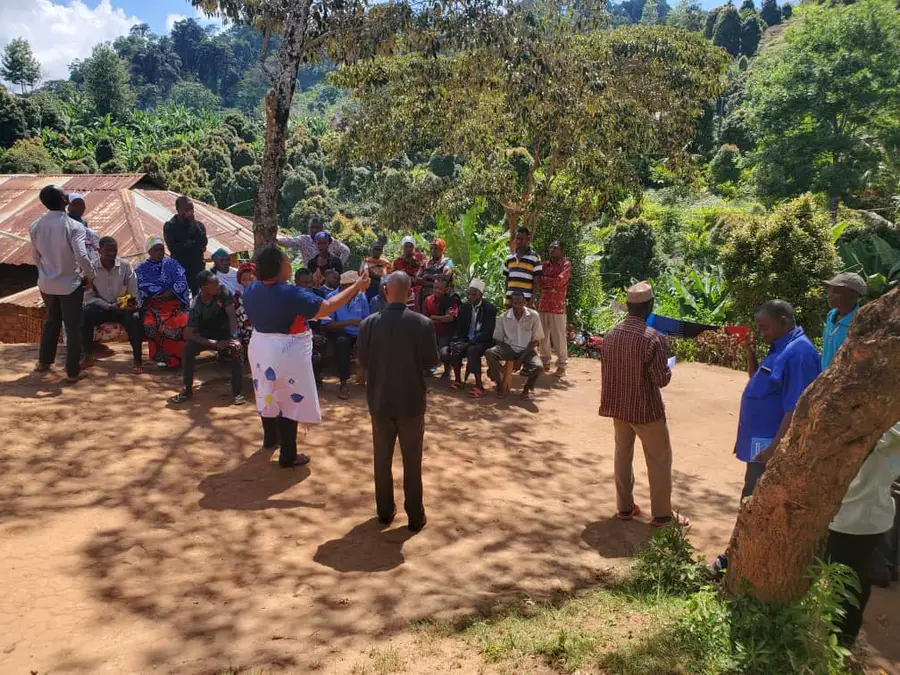Land Use Planning in Tanzania
Photo credit: Marian Siljeholm/USAID Tuhifadhi Maliasili.
RTI uses cookies to offer you the best experience online. By clicking “accept” on this website, you opt in and you agree to the use of cookies. If you would like to know more about how RTI uses cookies and how to manage them please view our Privacy Policy here. You can “opt out” or change your mind by visiting: http://optout.aboutads.info/. Click “accept” to agree.

Photo credit: Marian Siljeholm/USAID Tuhifadhi Maliasili.
Understand what factors influence implementation of land use plans; and the associated economic, social, and climate benefits and consequences experienced by communities.
A mixed methods study that included stakeholder interviews and satellite imagery.
A set of recommendations for strengthening the impact and effectiveness of land use planning.
Participatory land use planning can improve natural resource management and reduce greenhouse gas emissions. While it is a widely used practice, little reliable evidence exists to support its effectiveness in achieving climate outcomes.
To expand the evidence base, RTI undertook a mixed-methods study in Tanzania across six geographically diverse communities in the Tanga and Kigoma districts. The study sought to answer whether the adoption of land use plans in Tanzania reduced land conversion (which leads to more emissions) and, if so, what led to that outcome.
The study consisted of two parts that took place from January to September 2023:

Research findings shared with village leaders in Kizerui, Tanzania.
Based on these insights, researchers recommended a set of actions to improve the effectiveness of land use planning to contribute to local environmental objectives:
The research findings were shared with participating communities via local government counterparts in both Tanga and Kigoma. In general, stakeholders agreed with the findings, noting that lack of resources at the local level remains an issue, but they plan to work on improving communication between local authorities and community members related to implementation of land use plans, expand opportunities to further educate community members, raise awareness, and encourage participatory approaches.
Learn more about RTI's work in international development and environment.